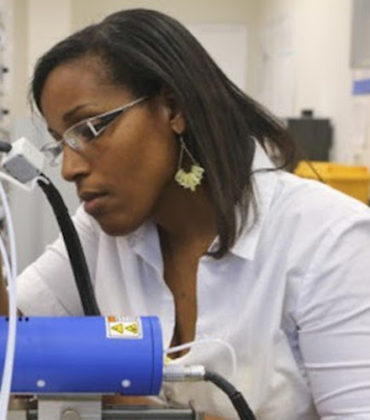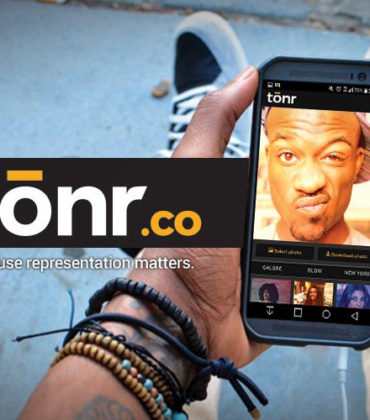
While black women are making major advances in the realm of higher education, with black women leading in college enrollment, it seems that we continue to face certain social hurdles. The difficulties and disparities are especially apparent when seeking higher levels of education, or employment in highly specialized fields.
From 1973 until 2012, 66 black women earned a doctorate in physics, compared to 22,000 white men.
Dr. Chanda Prescod-Weinstein spoke of her experiences, as the 63rd woman in a American history to every obtain a Ph.D. in physics,
In particular, the physics department was not a fun place. I think it was especially not a fun place to be a Black woman. It was not a fun place to be someone who had gone to a public school that was good, but didn’t have preparation for the level that Harvard expected physics majors to come in with. If you hadn’t had a really good AP physics class, the physics program wasn’t really for you—that was kind of the ethos. I had taken AP physics independent study. I’d only gotten through about half the material because I was teaching myself. I think it was a challenge for me, and I noticed that a lot of people who were like me ended up dropping out of the physics major even though they had been excited to major in physics when they arrived.
Prescod-Weinstein statements are an example of how social dynamics can greatly affect black women when they seek out education and employment spaces that are traditionally less diverse.
A recent study, conducted by Joan C. Williams, Katherine W. Phillips and Erika V. Hall, three professors at the Center for WorkLife Law at the University of California Hastings College of Law reveals that social dynamics have a deep affect on black women in STEM fields. The study, which surveyed 557 black, white Asian and Latina female scientists, reveals that 48% of black women in scientific fields report having been mistaken for custodial or administrative staff while on the job.
Additionally, 880% of the black women surveyed reported being aware of the negative stereotypes about them, and being personally affected by those stereotypes. The study also revealed that black women were more likely to have their competence questioned, as opposed to their white, Asian, and Latina counterparts.
Despite the study’s negative findings, however, Hall, Phillips, and Williams concluded that women of color can overcome the additional hurdle of dealing with racial bias and stereotyping with a strong support system.
An important point, sometimes overlooked, is that while bias is rampant, glimpses of hope also emerge from these interviews – situations where women of color experienced support and success despite the difficulties faced. Specifically, some of the scientists felt that their cultural and racial traditions armed them well to encounter the challenges they faced.




